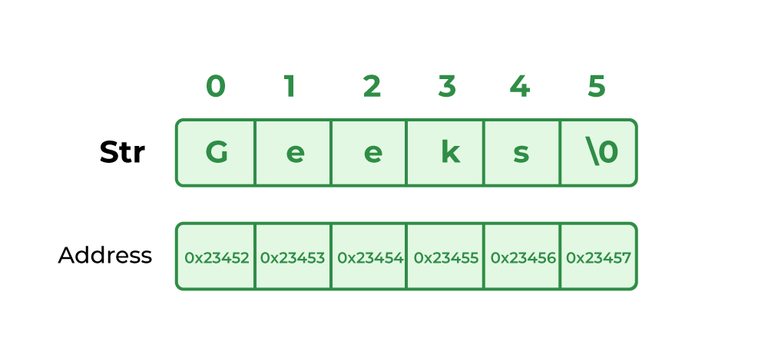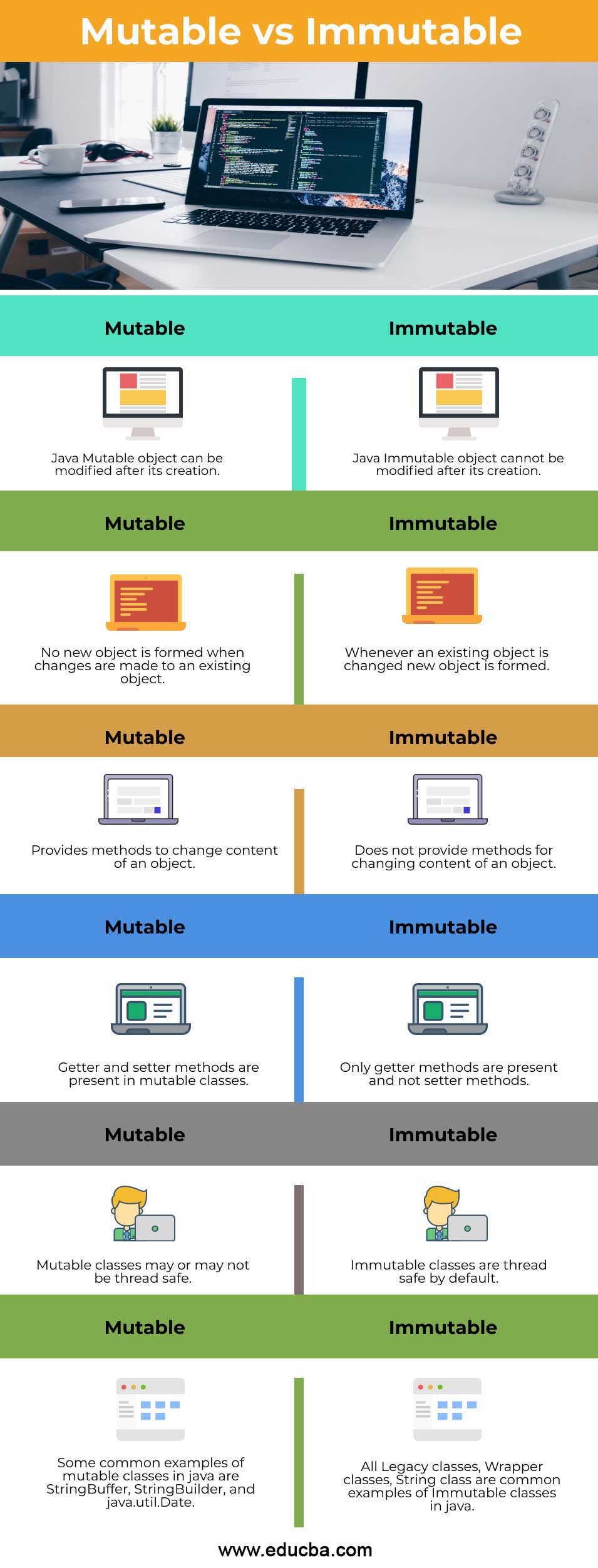Why Are Strings Immutable in Java? Comprehending the Core Principles
Wiki Article
What Is Unalterable Strings and Just How It Works
In the realm of programming, comprehending the principle of immutable strings is paramount for developing safe and secure and robust applications. Immutable strings refer to strings that can not be changed after they are developed, making certain data integrity and predictability within the code. This essential concept plays a vital role in different shows languages and supplies a special approach to handling information. By discovering the ins and outs of exactly how immutable strings work, one can reveal a globe of advantages and possibilities that can boost the quality and performance of software program development.The Fundamentals of Unalterable Strings
Unalterable strings, as a fundamental concept in programs, are personality sequences that can not be transformed when they are produced. This indicates that once a string is appointed a value, that worth can not be modified. In languages like Python and Java, strings are unalterable objects, resulting in numerous effects in terms of memory monitoring and information honesty.Among the essential benefits of unalterable strings is that they offer a feeling of safety and security in information manipulation. Considering that the web content of an immutable string can not be changed, it makes sure that the initial data remains intact, minimizing the threat of unplanned changes during program implementation (Why are strings immutable in Java?). This residential property additionally streamlines debugging processes, as programmers can rely on that when a string is defined, its value will certainly not be accidentally altered
Furthermore, immutable strings help with effective memory use. When a brand-new string is created based upon an existing one, instead of modifying the original string, the brand-new value is saved individually. This technique improves efficiency by reducing memory fragmentation and streamlining memory appropriation procedures. In general, comprehending the basics of immutable strings is vital for mastering programs ideas and enhancing code effectiveness.
Benefits of Unalterable Strings
Structure upon the safety and security and efficiency benefits of unalterable strings, their benefits reach enhancing code reliability and streamlining concurrent programming tasks. By being unalterable, strings can not be modified after development, which removes the danger of unplanned changes in the information they save. This integral immutability ensures that once a string is created, its worth stays consistent throughout the program's execution, decreasing the opportunities of pests triggered by unanticipated changes.Additionally, immutable strings add to code integrity by making it much easier to reason regarding the state of a program. Because strings can not be altered, developers can trust that a string will certainly constantly hold the very same value, simplifying debugging and maintenance initiatives. This predictability leads to more stable and trustworthy codebases.

Application in Programming Languages
Within various shows languages, the incorporation of unalterable strings is an essential element that affects exactly how information is dealt with and controlled within code structures. The application of unalterable strings varies across various shows languages, with each language providing its own systems to support this principle.

In contrast, languages like C and C++ do not have integrated support for unalterable strings. Developers in these languages need to by hand apply immutability by enforcing regulations within their code to avoid straight alterations to string things.
Best Practices for Dealing With Immutable Strings
When taking care of immutable strings in programs languages like Java and Python, adhering to ideal methods guarantees reliable and safe information adjustment. Among the essential finest practices is to make use of StringBuilder or StringBuffer rather of directly adjusting strings, especially when handling comprehensive concatenation operations. These courses provide mutable alternatives for string adjustment, assisting to prevent unnecessary memory appropriations and boosting efficiency.Another finest method is you can try these out to use string interpolation or formatting works given by the language rather than manual concatenation. This not only improves readability yet also help in stopping usual challenges such as unintentional string modifications. In addition, when collaborating with delicate data such as passwords or API secrets, it is essential to stay clear of storing them as simple text in unalterable strings. Using protected storage mechanisms like char arrays or specialized collections for handling sensitive information helps alleviate security threats associated with unalterable strings.
Real-world Applications and Examples
Discovering functional executions of immutable strings in different markets reveals their substantial effect on data integrity and system integrity. In the healthcare market, unalterable strings play an important role in ensuring the safety and security and discretion of person information. By preventing unauthorized adjustments to delicate info such as clinical documents and prescriptions, unalterable strings assist maintain compliance with rigorous personal privacy policies like HIPAA.Economic organizations additionally take advantage of the unalterable nature of strings to improve the protection of client data and deal documents. Unalterable strings help stop fraudulence and unapproved changes to monetary details, giving a durable protection versus cyber threats and ensuring the trust fund and confidence of customers.

Final Thought
Best techniques for functioning with immutable strings consist of avoiding direct modifications and making use of methods that return brand-new string things. Real-world applications of immutable strings include information file encryption, caching, and string manipulation tasks.Unalterable strings refer to strings that this post can not be altered after they are produced, ensuring information stability and predictability within the code. When a brand-new string is developed based on an existing one, rather than changing the initial string, the new worth is stored independently.In languages like Java and Python, strings are unalterable by default, implying that once a string item is produced, its value can not be altered - Why are strings immutable in Java?. Finest techniques for working with immutable strings consist of preventing direct modifications and using approaches that return brand-new string objects. Real-world applications of immutable strings include information encryption, caching, and string manipulation Look At This tasks
Report this wiki page